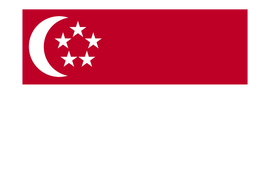U.S. Keeps Countervailing Duties on Chinese Chlorinated Isocyanurates
Estimated reading time: 5–6 minutes
The U.S. Department of Commerce has finished its second sunset review of the countervailing duty order on chlorinated isocyanurates from China. The review finds that removing the order would likely allow government subsidies to restart or continue.
Sunset reviews are scheduled checks every five years to decide if duties should stay in place. The Department first placed these duties on chlorinated isocyanurates from China in 2014. The product is often used in pool disinfectants and cleaning agents.
This second review started on April 1, 2025. U.S. manufacturers of these chemicals sent their notices to participate in the review process. They gave a full response before the deadline. The government of China or interested exporters did not respond to this review.
As required, the Department of Commerce informed the U.S. International Trade Commission that it had not received any responses from Chinese parties. Because there was no response, the review was expedited.
The Department finds that canceling the order would lead to the return or continuation of subsidies. The following subsidy rates are likely to continue if the duties are removed:
- Hebei Jiheng Chemicals Co., Ltd.: 32.58 percent
- Juancheng Kangtai Chemical Co., Ltd.: 14.11 percent
- All Other Producers/Exporters: 17.08 percent
All documents and the full decision are open to the public online through the Enforcement and Compliance’s electronic system (ACCESS) at https://access.trade.gov.
The Commerce Department reminds all parties who viewed confidential data during this review of their duty to return or destroy this information according to federal rules.
The Department shared these results in line with legal procedures on August 4, 2025.
Legal Disclaimer
This article includes content collected from the Federal Register (federalregister.gov). The content is not an official government publication. This article is for informational purposes only and does not constitute legal advice. For case-specific consultation, please contact us. Read our full Legal Disclaimer, which also includes information on translation accuracy.








